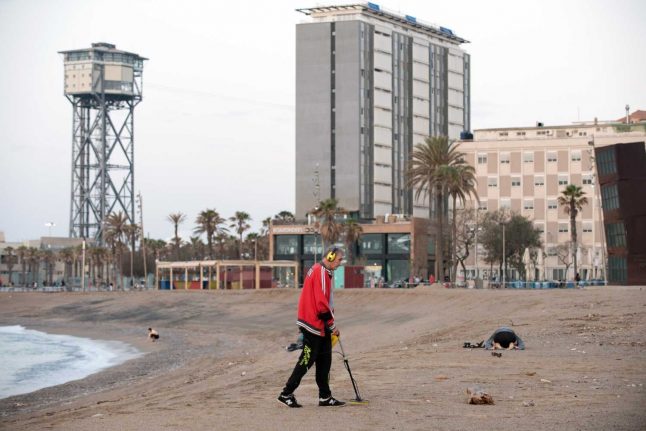One of the worst-hit countries by the pandemic, Spain is enacting a four-phase transition to lift its strict measures to be completed by the end of June.
The health ministry announced Friday that around half of the country's 47 million population could enter the next phase from Monday.
But the Madrid region, which has recorded a third of the country's 26,299 coronavirus-linked deaths, was excluded.
It was rebuffed despite the regional government requesting the central administration relax the capital's lockdown, which led to a dispute over which Madrid's top health official reportedly resigned.
“We felt it was not appropriate to move to the next phase… This is not a race,” said Health Minister Salvador Illa.
The second most-affected region Catalonia including its capital Barcelona will also have to wait, but it had not requested measures to be eased.
However many other parts of the country, such as southern city Seville or Bilbao in the north, will enter the new phase, which allows family or friends to meet in groups of up to 10, as well as travel within provinces.
In those regions, small shops will reopen without appointments and bars and restaurants can open on terraces — with spaced seating.
Hotels will also be able to open, but will have to keep their communal areas shut. Spain, which now has nearly 223,000 confirmed COVID-19 infections, has seen its death rate slow after entering the strict lockdown on March 14.
It recorded 229 new deaths on Friday — slightly higher than the previous day's 214. The number has hovered around 200 over the last few days, far from the peak of 950 seen in early April.



 Please whitelist us to continue reading.
Please whitelist us to continue reading.
Member comments